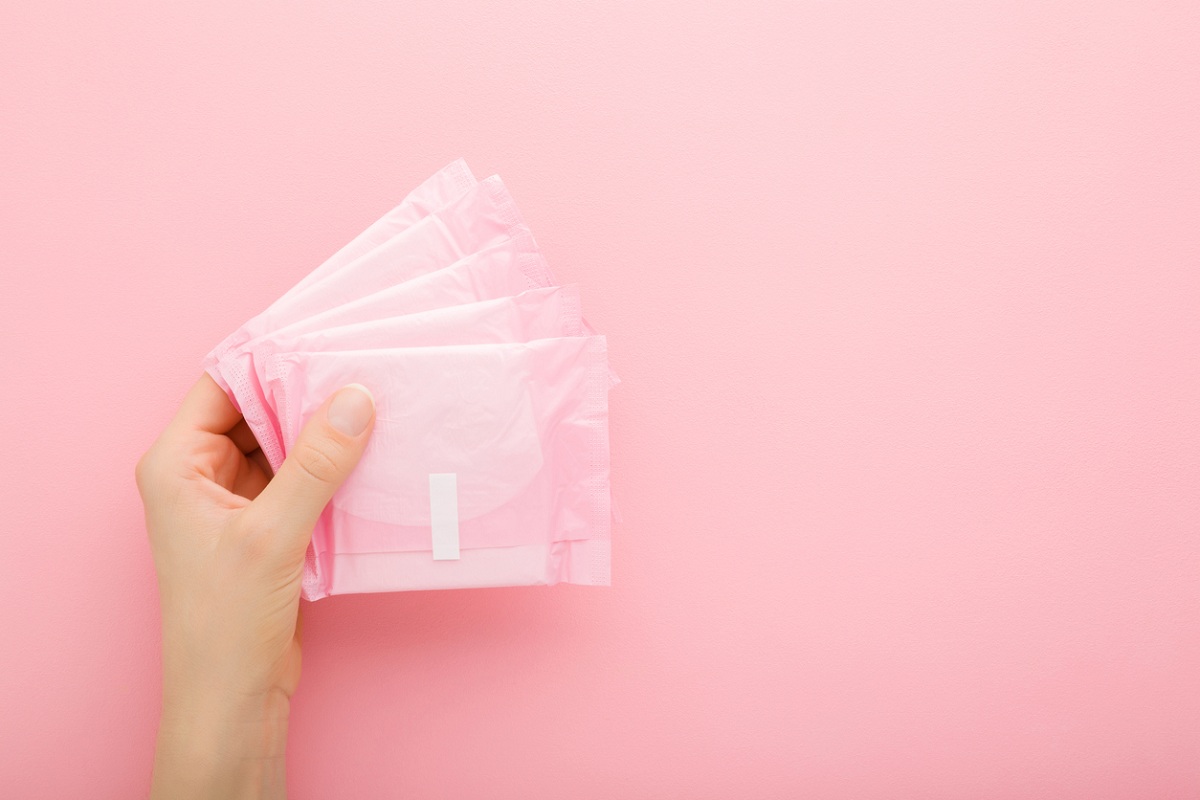We all may know that menstruation is a natural part of the reproductive cycle, but what some may not realize is that in many developing countries, the lack of information about menstrual hygiene, as well as materials themselves, creates a culture of taboos and misinformation about menstruation and potential health risks such as vaginal infections.
Menstruation is a natural biological process that is important in maintaining the reproductive health of women. Menstruation, also known as a period or monthly, is the regular discharge of blood and mucosal tissue (known as menses) from the inner lining of the uterus through the vagina. The first period usually begins between twelve and fifteen years of age, a point in time known as menarche.
Advertisement
Lack of information and other socio-cultural norms and the use of unhygienic products instead of the safer sanitary pads make it difficult for girls to maintain hygiene. Learning about menstruation empowers girls to take care of themselves in a better and informed manner.
Some women are also forbidden to take baths or cleanse themselves properly during these days, which increases the risk to their health and chances of being infected with life-threatening diseases. Some women refrain from going outside as the Water and sanitation facilities lack basic hygiene like water, soap, and separate gender-based toilets.
97% of infections can be reduced in women by providing proper menstrual solutions like sanitary napkins, tampons, and the cleanliness of the genital area.
Changing sanitary napkins every 4 hours and washing hands can help in keeping infections at bay. The proper use and disposal of sanitary napkins will also give confidence to women to continue their day-to-day activities.
Some women may experience heavy flow and may require to change the pads every 2 hours. With proper WASH facilities water, sanitation, and hygiene combined with sanitary napkins can give freedom to more girls and women.
So, here are the top 3 reasons to maintain good hygiene during periods.
Lessen the Risk of Urinary Tract Infections
Using damp and unclean dirty clothes for menstrual hygiene or using sanitary pads for more than 4 hours can act as a perfect environment for the growth of bacteria and yeast. Microbes like Candida albicans, Staphylococcus aureus, E.coli, and Pseudomonas aeruginosa grow easily in the humid environment provided by prolonged use of unhygienic absorbents or sanitary napkins. These bacteria can invade your urinary tract including the urethra and urinary bladder, resulting in painful urination, lower abdominal pain, back pain, and fever.
These complications can be easily avoided by women by using clean sanitary napkins and washing the genital area with clean water and mild soap. Always remember to change the sanitary pad every 4 hours and wash hands thereafter.
Say No to Rashes in Genitals
Prolonged wetness of the genital area can cause abrasions, rashes, and allergies during menstruation. Commercially available sanitary napkins are made of Super Absorbent Polymer (SAP) as an absorbent material, with Polyethylene (PE) for the back cover which makes it waterproof. These pads have plastic in them and can cause rashes if not changed on regular basis.
Biodegradable napkins are now available which not only are Eco-friendly but can be reused making them safe and sustainable.
Say Yes to Good Reproductive Health
Unhygienic Menstrual practices and improper hygiene can lead to Reproductive Tract Infections. Reproductive tract infections (RTI’s) are endemic in developing countries and entail a heavy toll on women. If untreated, RTI’s can lead to adverse health outcomes such as infertility, ectopic pregnancy, and increased vulnerability to the transmission of the human immunodeficiency virus.
A large chunk of women in India use unhygienic materials to collect menstrual blood and may suffer from RTI’s and vaginal discharge.
Awareness programs, access to sanitary pads, and clean water are essential for women to keep good reproductive health.











